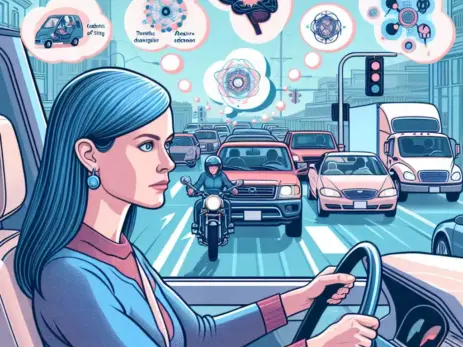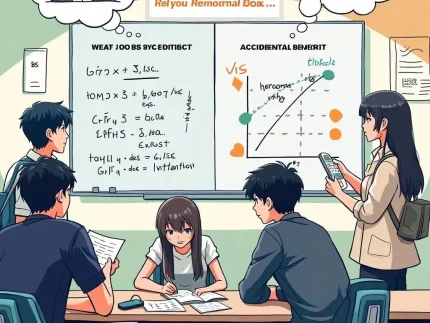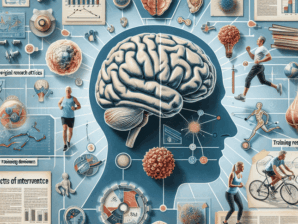It is now online the article: “The prevention of road accidents in non-expert drivers: Exploring the influence of Theory of Mind and driving style.” by Raffaella Nori, Micaela Maria Zucchelli, Pierluigi Cordellieri, Alessandro Quaglieri, Massimiliano Palmiero, Paola Guariglia, Marco Giancola, Anna Maria Giannini, and Laura Piccardi, published in Safety Science. This article aims to examine the connection between Cognitive and Affective Theory of Mind (ToM) and Driving Style in road safety. We hypothesize that a higher level of ToM corresponds to a greater ability to avoid accidents and to assume virtuous driving behaviour. We investigate how ToM impacts driving behaviour, directly correlating with assessing potential accidents’ probability and severity. 207 non-expert drivers, including 164 females, participated in assessing Cognitive and Affective ToM through two tasks. They also completed self-measured questionnaires to assess their driving style and behaviours. In addition, they evaluated 12 videos depicting cars, motorcycles, trucks, and pedestrians to determine the probability of a road accident and the level of danger in each scenario. The results of the mediation models clearly indicate a relationship between ToM and the reduction of road accidents. Specifically, Cognitive ToM plays a crucial role in assessing the probability of risky and dangerous situations related to Risky and Angry Driving Styles. However, it was observed that Cognitive ToM does not significantly affect the prediction of actual driving behaviours. Our results suggest the importance of creating drive-assistance systems considering both the Cognitive ToM and Driving Style to reduce road accidents among non-expert drivers.

More from the Blog





